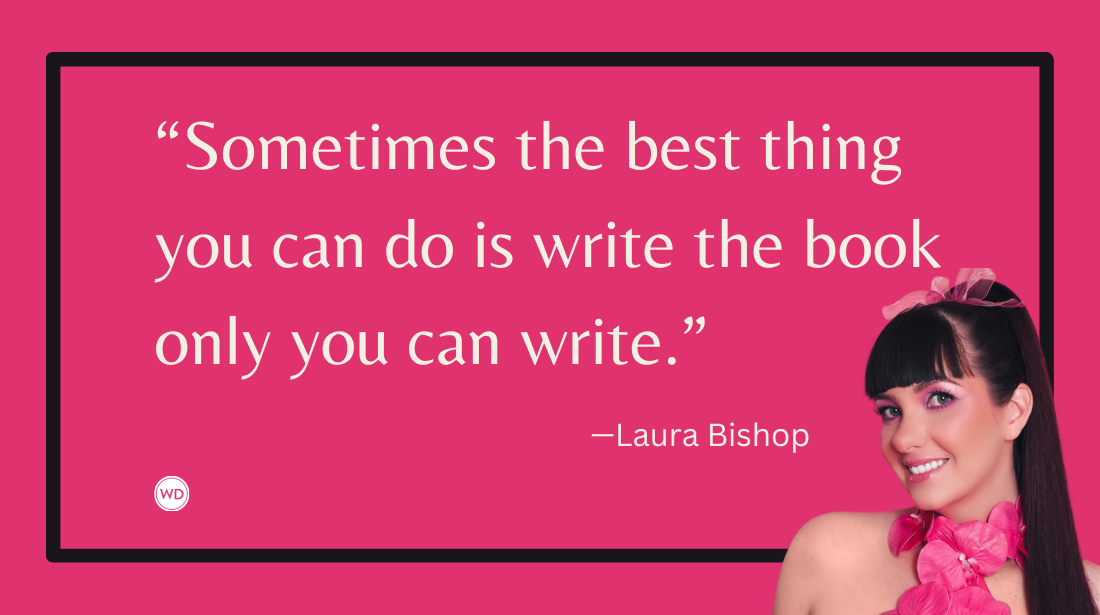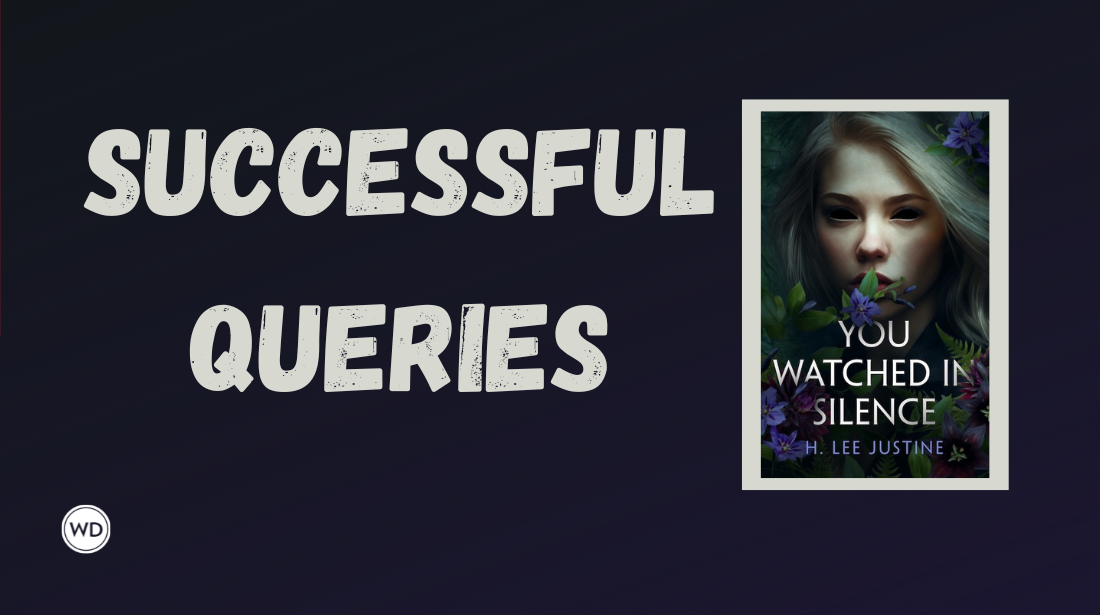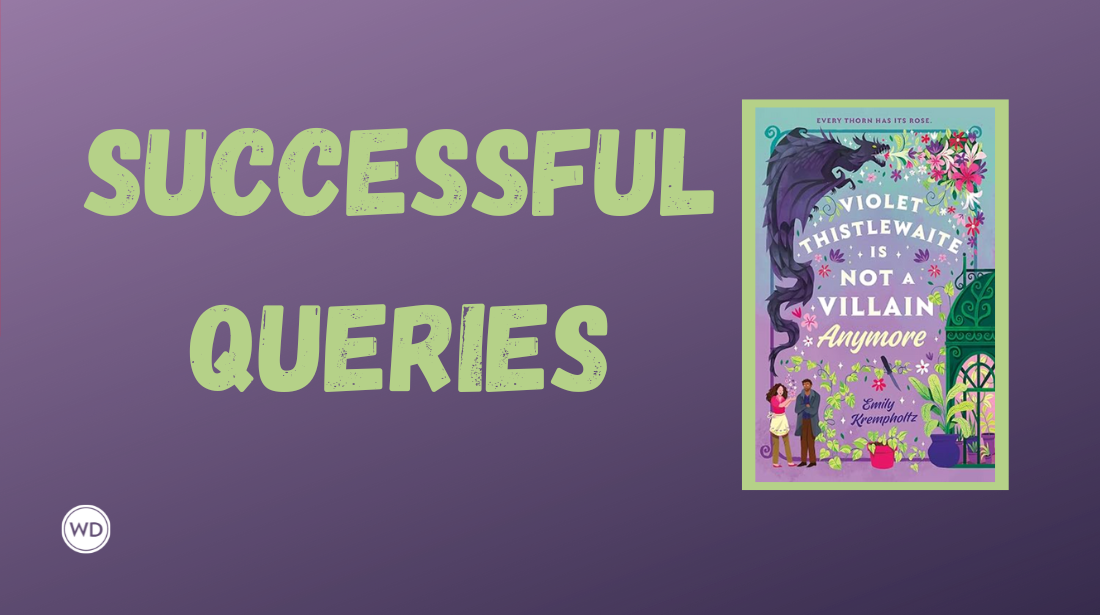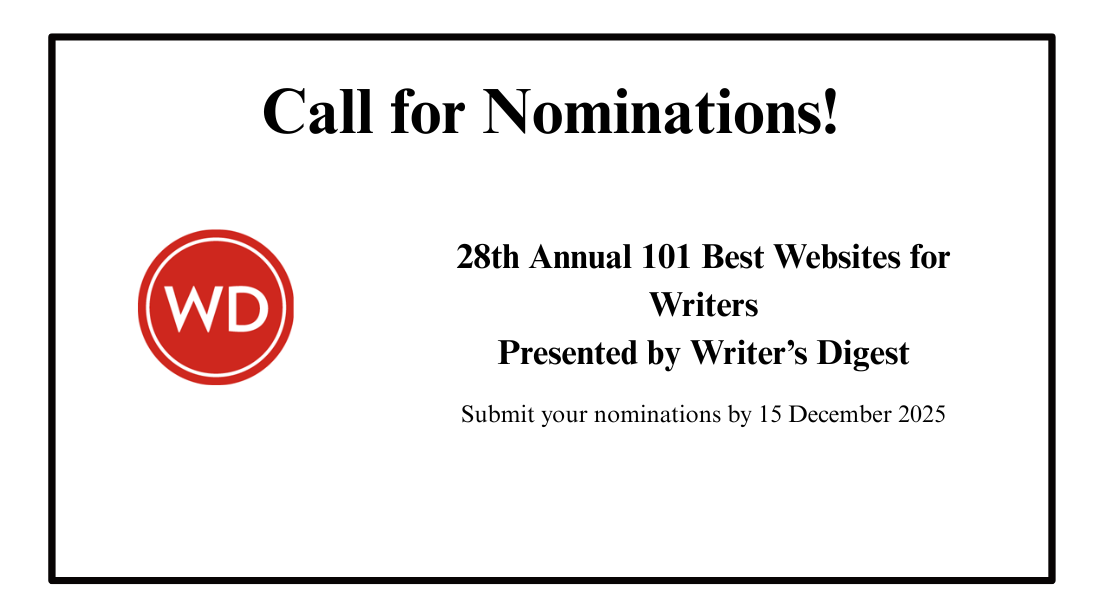Secret Emotional Triggers for Your Writing (Capitol City Writers Recap)
Today I spoke at the Capitol City Young Writers conference (near San Francisco), and also had the opportunity to hear some wonderful authors speak on the craft and the business….
Today I spoke at the Capitol City Young Writers conference (near San Francisco), and also had the opportunity to hear some wonderful authors speak on the craft and the business.
Some highlights:
- James Redford (son of Robert Redford) gave an inspiring keynote about writing for a purpose, writing for change. You can find out more about his cause here.
- Michael Krasny, host of KQED's award-winning Forum, emphasized how writing is about memory, observing, remembering—and that your readers will absorb your work in entirely different ways and interpret them in ways you never intended. What makes a writer? Needing to write, feeling to driven to write. He said, "There is really nothing more to it than that. If you do it, do it by necessity."
- Seth Harwood, famous for podcasting his way to publication, shared how his serializations helped him get a book deal, and how he keeps marketing and promoting to grow his readership (or listener-ship). You can get hands-on instruction how to podcast, and use his techniques, by registering for his boot camp this week! Seth has been kind enough to offer a free sneak peek session that covers the basics. Go here to check it out.
- UPDATE! Get a summary of my talk. Becky Levine posted a wonderful recap of my session at CCYW. Go
read it here.
David Corbett discussed how to power up the emotional core of your writing—because emotional impact is what matters to readers, and your emotional life is a key part of what you bring to the table.
Here I'll share a few nuggets of what Corbett said, but I highly recommend trying to hear him in-person.
- If you want to be a writer, you will find mentors in other writers. Go back to the writers (books) who really speak to you, again and again (read the same book over and over and over). In Corbett's mind, this is more important than being well-read. If a work spoke to you in a personal way, study it. Figure out how it was done.
- Everything you hate about your life? Love it. Every miserable thing that happens in your life is great. You're going to write about every crappy and terrible thing that happened to you—and thank god all that happened to you— because that enriches your material.
- 9/10 of courage is persistence. 9/10 of getting what you want is just not giving up. He said, "I don't know the magic point where you realize you need to change something in your life, or keep trying the same thing."
- Don't be afraid of mistakes (in life and in writing). You're not going to get of this life without screwing up. Get over it. You're going to write crap. Good. You need to do it and get better.
- Whether you know it or not, there are certain themes that affect you deeply. Go back to movies/books/art you've experienced, and the scenes or moments where you cried, or were really scared, that really affected you. Make a list of those scenes, look for commonality. Write about that. That's what affects you. It's important.
Finally, Corbett shared some emotional triggers to help you tap into your own emotional core, which can then help power up your writing. He suggested a significant list of things to inventory and write about in detail (but not necessarily publish, but to inspire & draw upon later). Here are a few:
- your moment of greatest fear
- your moment of greatest courage
- your greatest sadness or loss
- the greatest / golden moment in life
- your deepest shame (a time when you're completely exposed)
- your most profound guilt and/or shameful moment
Important: Even if you think you don't have these moments, you do. (They don't need to be "big" or cinematic.)
He also shared some other triggers; what scenes or moments do these phrases bring to mind?
- First time as an adult you told someone you loved them
- Please stop I'm scared
- Don't hurt me
- Do as you're told
- I'm not that kind of a person
- You can't ask me to do that
Go check out David Corbett ("quietly crafting the best novels of the new millennium"), and my deepest thanks to the wonderful organizers of Capitol City Young Writers, especially Patricia V. Davis of Harlots' Sauce, who graciously hosted me. My gratitude.
--
UPDATE! Becky Levine posted a wonderful recap of the talk that I gave at CCYW. Go read it here.
Jane Friedman is a full-time entrepreneur (since 2014) and has 20 years of experience in the publishing industry. She is the co-founder of The Hot Sheet, the essential publishing industry newsletter for authors, and is the former publisher of Writer’s Digest. In addition to being a columnist with Publishers Weekly and a professor with The Great Courses, Jane maintains an award-winning blog for writers at JaneFriedman.com. Jane’s newest book is The Business of Being a Writer (University of Chicago Press, 2018).









